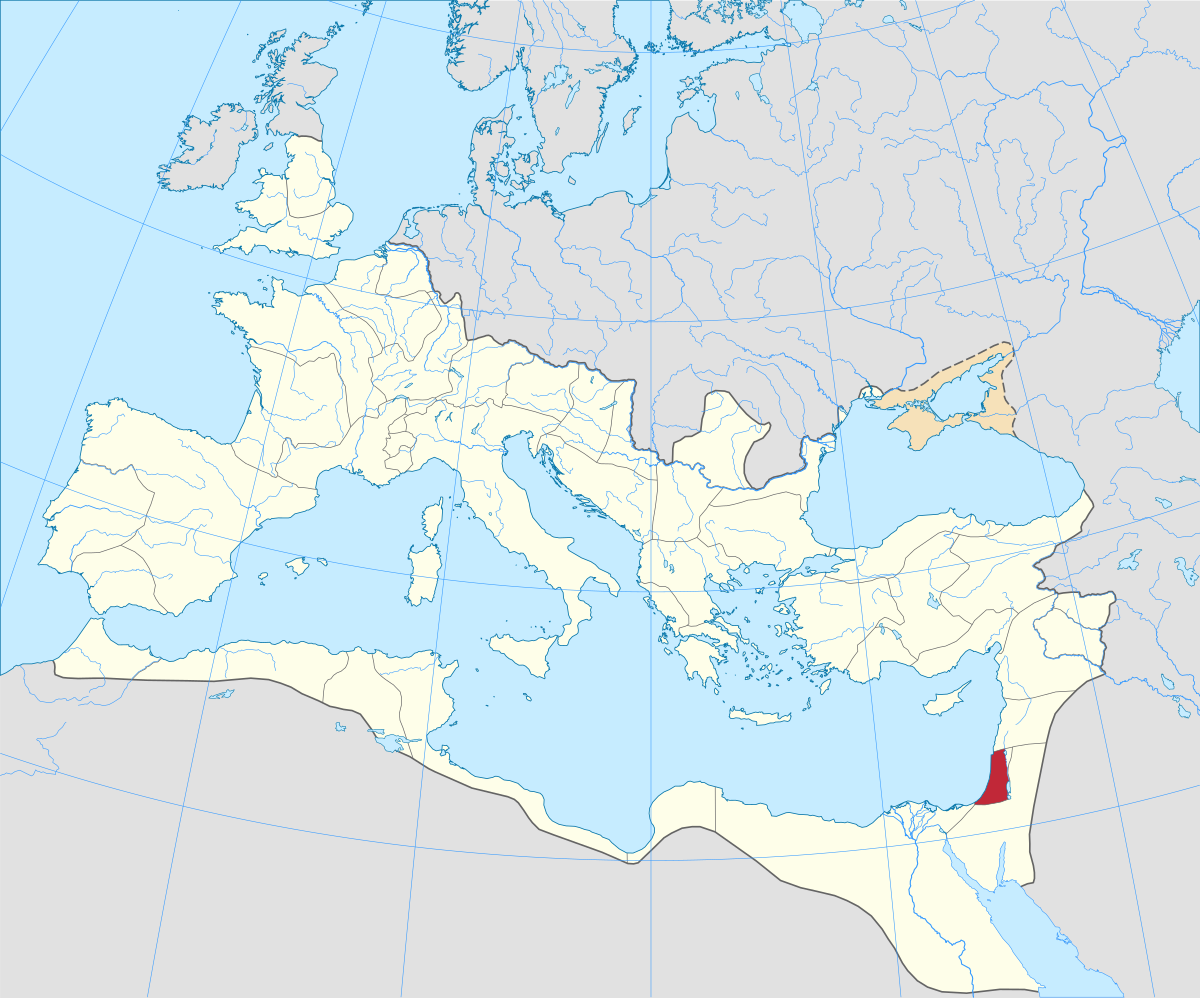Macrobius
Megaphoron
Me, teaching my 20 somethings on Slack:

The two trading jargons of the Silk Road are seen even today in the middle east -- the coastal regions were Greek-speaking ('Palestinians') and the interior speakers all spoke Aramaic, the language of Iran.
Today, English/Engrish is the world's trading jargon.

The two trading jargons of the Silk Road are seen even today in the middle east -- the coastal regions were Greek-speaking ('Palestinians') and the interior speakers all spoke Aramaic, the language of Iran.
Today, English/Engrish is the world's trading jargon.

